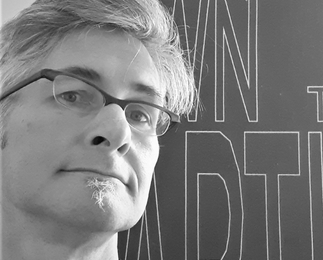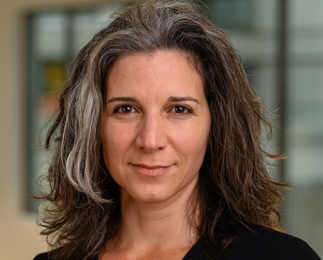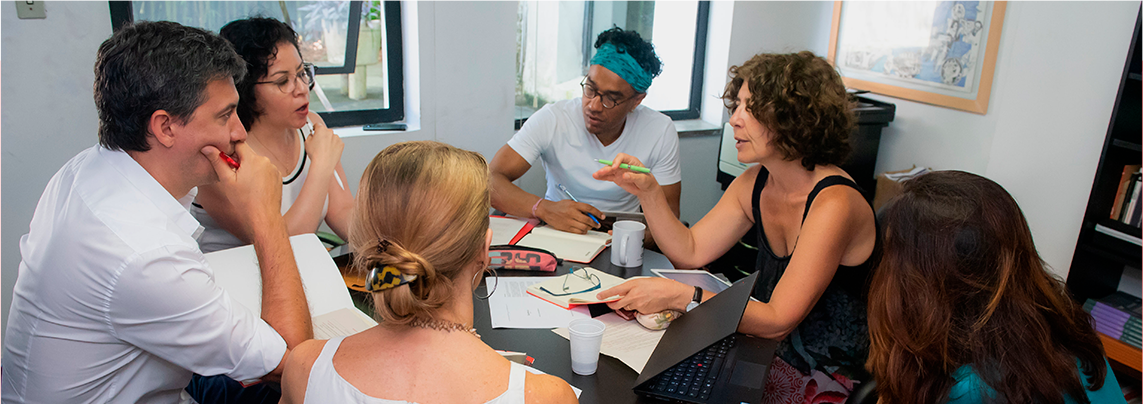Daniela Vicherat Mattar is a sociologist working as Associate Professor at Leiden University College, The Hague (LUC), where she holds the portfolio on interdisciplinarity. Trained at the interface of social, urban and political thought, her research and teaching interests include the fields of cities, citizenship and care. In particular, she is interested in how urban forms (for example squares, walls, street art, museums, food markets and cooperatives) translate large socio-political processes like the struggles for democracy, identity politics in divided societies, the processes of border making, feminists’ demands, the recognition and reparation of colonial legacies, and the emergence of what can be defined as an environmental consciousness. Her research has focused both on Europe and Latin America.
Project: The Union of Disunion: Spatialising the Inequality-Conviviality Nexus
Abstract:
While scholarship in the social sciences and the humanities has extensively highlighted the shortcomings of liberal representative democracies, there is still a lack of adequate theorisation of democracy as a lived experience. My work aims to make three contributions to this theorisation: Firstly, I examine the social interactions that sustain the imaginaries of democracy in daily life (notions of access, connection, use, exchange, expression, dignity and respect) in Chile and Spain. I then go on to show how the multifaceted nature of public spaces rarely coincides neatly with public/private property regimes. Finally, I move beyond theorisations that either romanticise public spaces as sites of encounter or demonise them as sites of violence that threaten public life. To do this, I examine the case of Plaza Baquedano/Italia/Dignidad in Santiago (Chile), in particular the street art surrounding the square after 18 October 2019, a case that illustrates how multiple convivial configurations in the square have opened up the possibility to transform regimes of conviviality in the country. These three contributions can advance the theorising of public spaces as sites that organise the dynamics of inclusion and exclusion in the daily life of democratic societies.
Main Discipline: Sociology
Selected publications:
• “Public space as border space: Social contention and street art in Santiago post 18/O”. FRAME Journal of Literary Studies. 2020, 33(1): 31-47. DOI.
• “Dónde está la democracia?” in D. Quiroga and J. Pastene (Eds) Alienigenas: El Estallido Social en los Muros. Ocho Libros, 2020.
• “Europe, the familiar stranger” in J. de Jong, M. Neuman, S. Neuman-Stanivukovic and M. (Eds.) European Studies and Europe: Twenty years of Euroculure. Universitatsverlag Gottingen, 2019.
• “Food and Consumers” (with B. Walsh and D. Ehrhardt) in P. Behrens, T. Bosker and D. Ehrhardt (Eds.) Food and Sustainability. OUP, 2019.
• “Mapuche Citizenship. Francisca Linconao’s struggle to imagine and define citizenship beyond the state”, in Historica 3, 2017, pages: 20-24. DOI.
• “Speaking walls: contentious memories in Belfast’s murals” in S. Awad and B. Wagoner (Eds.) Aesthetics of Resistance. On multiple Forms of Graffiti. Palgrave, 2017.




